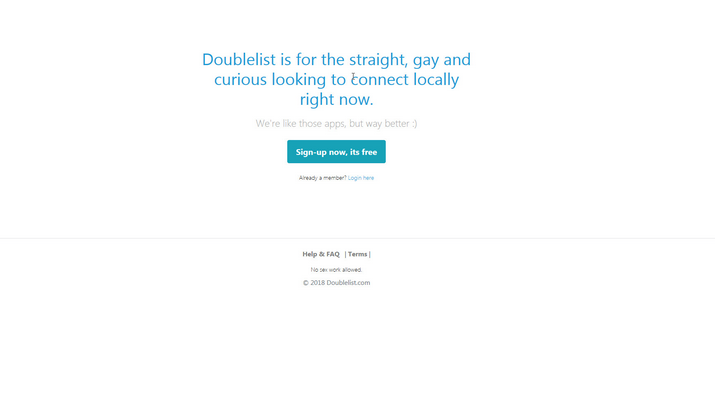When you want to find out where another person’s site is on the web, you can use the same Site Object Identifier or URL and search for it using a site finder tool. Such tool will provide you all the information you need to perform your own search. For example, you could type in the URL for a similar site on Google and then click the search button. If you find the similar site, you will be shown all the pages that are within the domain of the owner of the site. If you find a page that you consider to be duplicate content or spam, you may report the site by using the report abuse button.

You should note that even though Google may provide you with a link to a similar site, this doesn’t mean that the site is in any way illegal. There is no proof that linking to sites that are in violation of Google’s terms of service or the contents of Google’s search engine catalog is illegal. However, Google does enforce their policies, and they will penalize sites that use deceptive marketing techniques to attract visitors. By using deceptive marketing techniques to get people to visit a site, you may be breaking the Google Terms of Service or other policies, and you could end up with a notice from Google stating that you are in violation of their policies and procedures.
To stay within Google’s guidelines, you should avoid submitting content or links to similar sites. If you do, you should make sure that you can provide valid information and that the links are not deceptive. You should also avoid submitting the same content repeatedly because this practice could cause Google to label you as a spammer.
The best way to doublelist alternatives whether or not your link to a similar site is deceptive, is to determine whether or not the page in question is a mirror of another site. If it is, then you are probably getting around the rules, but if it isn’t, you may be in trouble. Mirrors are commonly targeted by spammers because they offer easy access to a large number of websites. For example, if you linked to an official German government site but placed a German government German page as your mirror, Google would probably consider this to be deceptive, even though you didn’t use any German words or phrases in your copy. A mirror of a similar site is usually not intentionally set up to benefit the owner of the original site, so you can rest assured that Google will not target your site when it comes to duplicate content issues.
If you do find links on similar sites that are not exactly legitimate, you can report them to Google by sending a message to their webmaster forum. This is the place where webmasters report problematic links. In order for Google to do anything with the report, you need to provide them with at least one Google webmaster forum id for the link, and at least two URLs for the pages where the link is displayed. Google will then evaluate the problem and decide whether or not to change their policies.
So in conclusion, although it may not always be desirable to post links to “dummy” similar sites, in most cases you can do so without hurting the reputation of your primary site. You have nothing to lose by doing so, and plenty to gain. Also, as we’ve discussed before, this strategy can work to quickly increase your search engine ranking. It only takes a few minutes to implement. Go ahead and start generating some duplicate content today!
